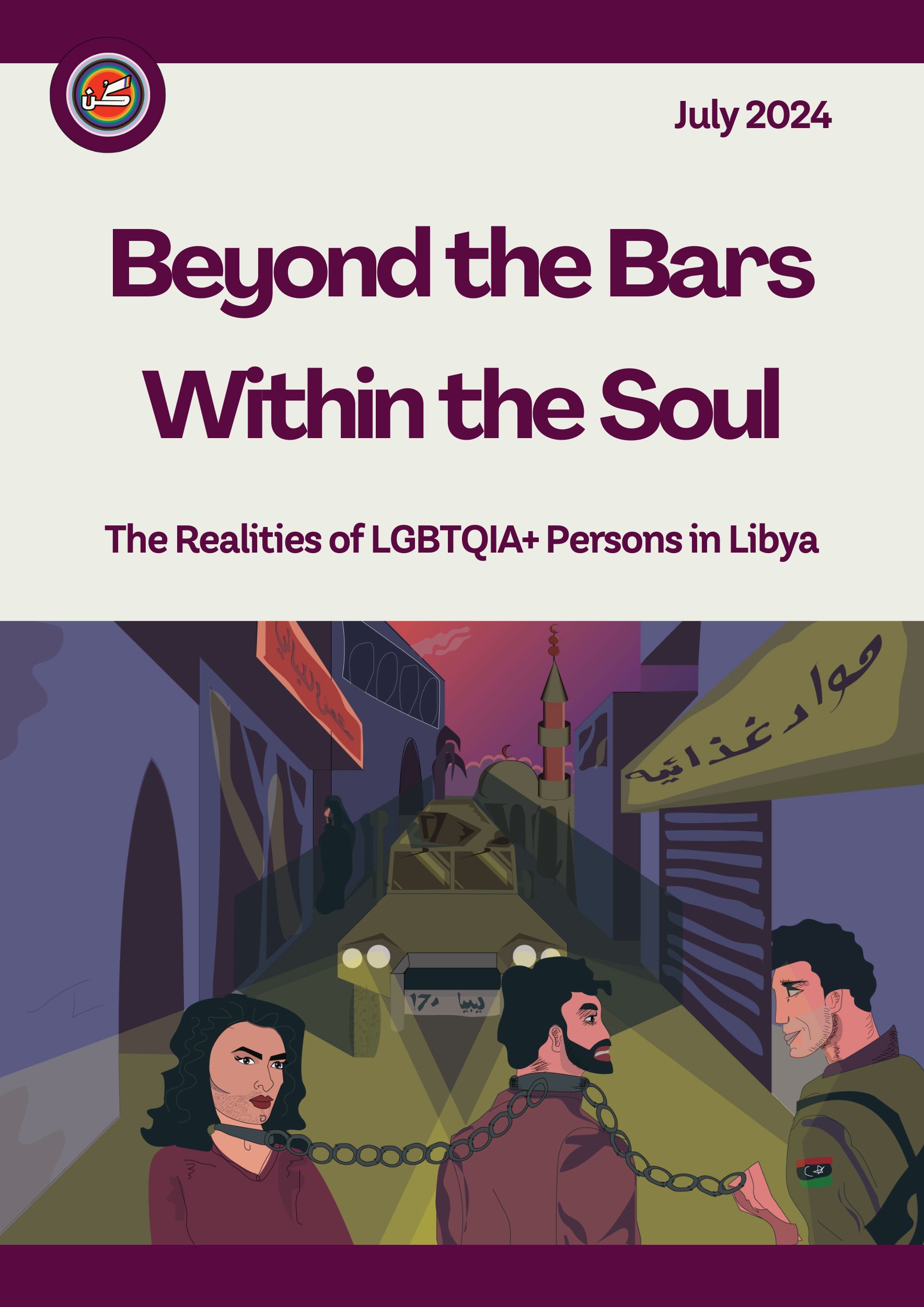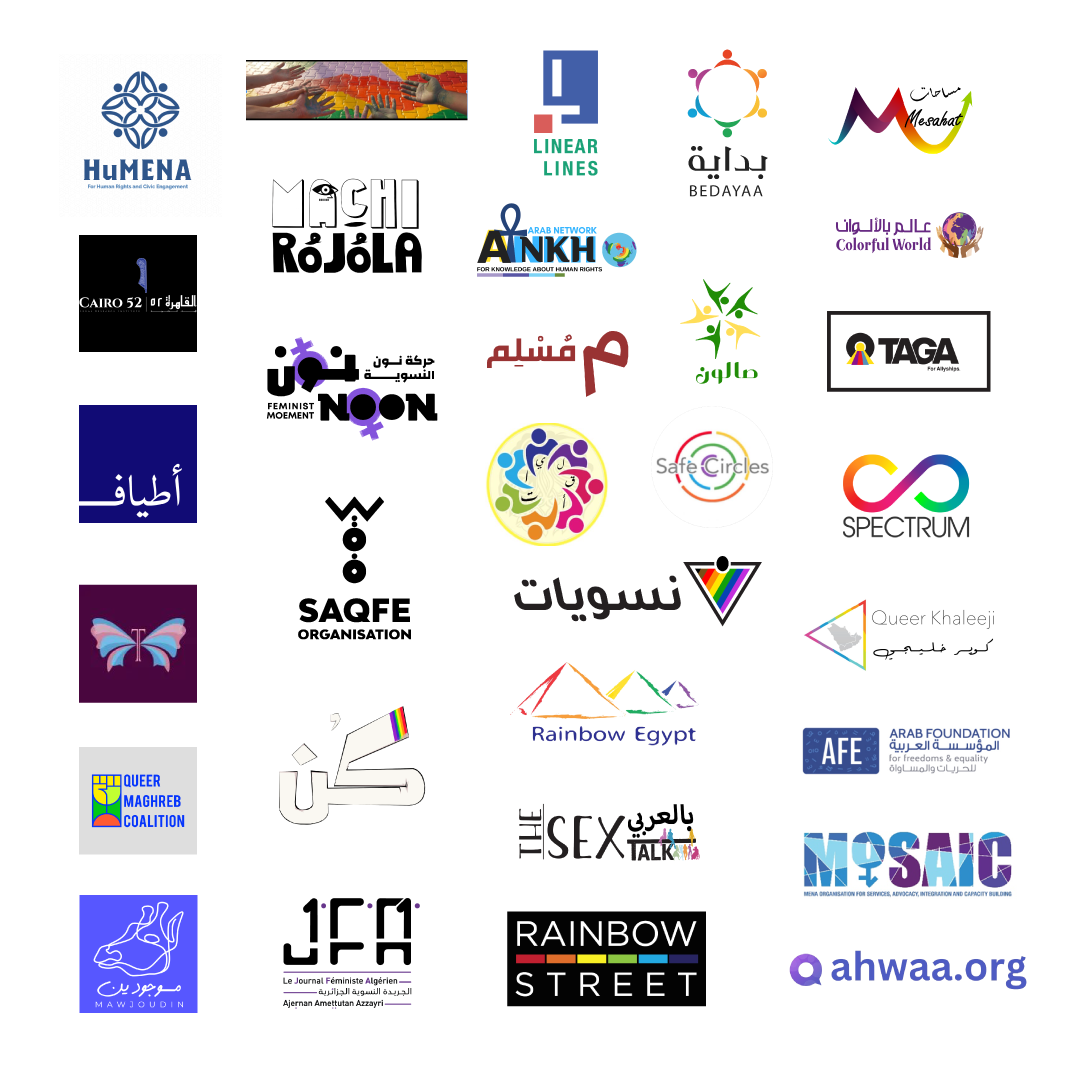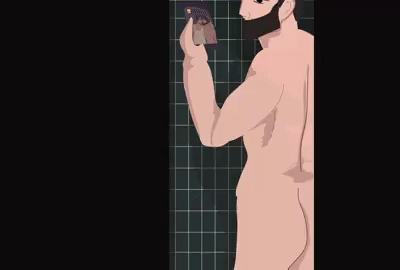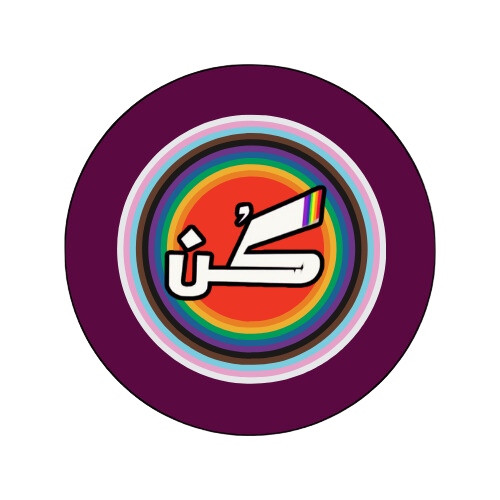We don’t have a law but we have a culture that is strongly opposed to liberties such as women’s freedoms and premarital sex.
The country’s criminal code prohibits all sexual activity outside of a lawful marriage. Under Article 410 of the Libyan Penal Code, Private homosexual acts between consenting adults are illegal.
Article 407(4) criminalises “sexual intercourse”, punishable with up to five years’ imprisonment. Both men and women are subject to this law.
Article 408(4) criminalises anyone who “commits an indecent act with a partner with his consent”, punishable with imprisonment.
In 2018 human Rights Watch’s world report noted that “activists report that several armed groups have arrested, abducted, and tortured men suspected of homosexuality in recent years.”
In 2017 The Us department of state human rights report for Libya stated that in the areas that are under control of the militias, they often policed communities to enforce compliance with militia commanders’ understanding of “Islamic” behaviour, harassing and threatening with impunity individuals believed to have Queer orientations and their families.
In 2014 the European Court of Human Rights examined the question of persecution in Libya in the case of M.V Sweden The case found no evidence of prosecutions since Gaddafi: “The Court notes that, since the overthrow of Gadhafi in 2011, the situation in Libya has been, and continues to be, insecure and unclear as to the direction the country is taking. Consequently, there is also only little and varying information about the situation for homosexuals in Libya, making it difficult for the Court to make an evaluation of this matter. Although it is clear that homosexual acts are punishable by imprisonment under Articles 407 and 408 of the Libyan Penal Code, the applicant has not presented, and the Court has not found, any information or public record of anyone actually having been prosecuted or convicted under these provisions for homosexual acts since the end of Gadhafi’s regime in 2011. Thus, while having regard to the fact that homosexuality is a taboo subject and seen as an immoral activity against Islam in Libya, the Court does not have sufficient foundation to conclude that the Libyan authorities actively persecute homosexuals.
In the 1990s, Libyan leader Muammar Gaddafi began to enact “purification” laws designed to enforce a harsh view of Islamic laws on the population. Libyan courts were given the power to use amputation, flogging and other punishments against persons found to be violating traditional Islamic morality.
In 2010, the gay middle east blog, reported that two adult men had been charged with “indecent acts”, which meant cross-dressing and homosexual conduct.
Female homosexuality would also appear to be illegal, as is making any sort of public acknowledgment that a person is gay. In 2010 a French asylum case involved a Libyan girl who sought asylum after being jailed, raped and then returned to her family for a forced marriage after she made a public statement online that she was gay. commits executions, instead of the penal code, are more commonplace in ISIS-controlled territories.
The criminal code is still technically in operation, although much of Libya is run by competing militias who may choose to execute Queer people.
“I am a human like everyone else, and I have rights. I will defend those rights,” said Ahmed, a gay man from Libya.
In Libya, homosexuality is not explicitly criminalized, but Queer people have long been targeted under laws on immorality and lack of faith, the situation is very difficult. Change is painstakingly slow in fact it might even be impossible but it is happening. Human rights should be respected without discrimination regardless of religion, sex or sexual conduct.





